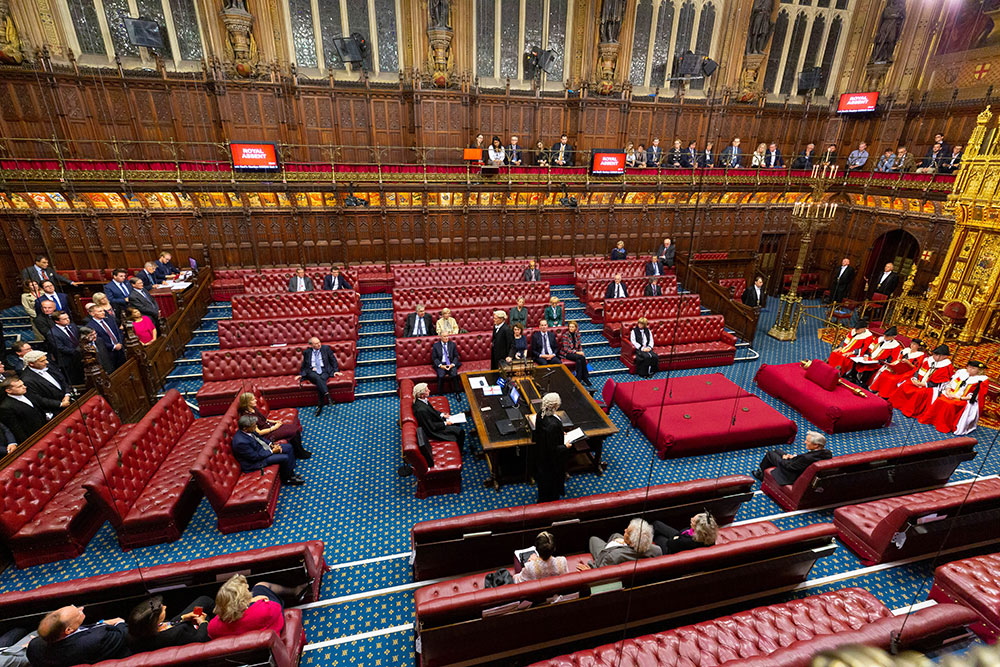Boris Johnson seems to think it’s a great idea. But many of the occupants of the House of Lords are none too keen on being relocated to York.
Peers have rounded on the suggestion that the unelected chamber could move from London to York, saying it would be “a constitutional emasculation and a gesture of disrespect”.
As we reported on Saturday (11 June), the Prime Minister is said to be keen on going even further, and turning York into the second seat of government.
However, the Lords themselves are pretty brassed off by a move to the grim north, judging by their comments in the chamber.
Independent crossbencher Baroness Deech, who is a board member of the Law Commission and served as chairwoman of the Bar Standards Board, said: “The proposed move would be a constitutional emasculation and a gesture of disrespect, which would only work if the Commons moved as well.”
State of shock

Conservative former cabinet minister Lord Lang of Monkton said the two chamber, or bicameral, parliamentary system “strengthens the checks and balances over the executive in parliament.
“How would splitting the system and moving to York this house… improve those checks and balances?
“Isn’t it the case that this would not be decentralisation as has been mooted in the rumours, but in reality it would deliver more centralisation into the hands of the executive in London?”
Constitutional expert and Tory peer Lord Norton of Louth said: “Moving the House of Lords to York will not bring parliament closer to the people.”
And the Bishop of Birmingham, the Rt Rev David Urquhart, said: “Would the minister agree that whether temporarily or permanently it’s better in a bicameral system for the two houses to be placed together?”
Speaking for the government, the Cabinet Office minister Lord True said: “I revere this house and the work this house does, but I would say also the house should not present itself as in a state of shock at the idea that some of its proceedings and some of its activities might take place outside London.
“The government’s intention… is to find ways in which to bring the whole process of government closer to the people.
“I do not believe Parliament or this house should simply reject that concept or the idea that that matter needs to be reflected on.”
He said any move would in the end be resolved by parliament, not the government.
